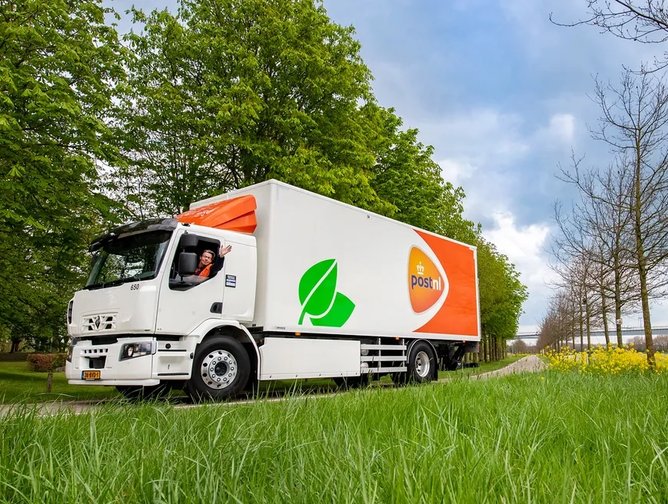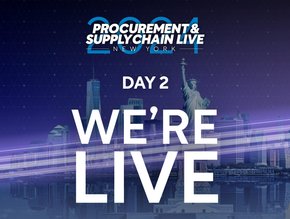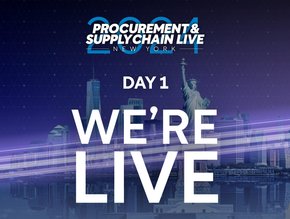PostNL’s bid to make its Transport Network more Sustainable

For international, long-distance road transport, enhancing the sustainability credentials of operations is an enormous challenge.
The range of and infrastructure for electric trucks remains insufficient, while the availability of renewable fuels like hydrotreated vegetable oil (HVO) diesel – otherwise known as HVO100 – is limited.
However, this hasn’t stopped PostNL and its international subsidiary, Spring, from finding a way to utilise HVO100 for international road transport within Europe, marking a unique and substantial advancement in the logistics sector.

Reducing carbon emissions in the transport industry
In what represents a significant step forward towards cleaner and more sustainable delivery practices, PostNL and Spring, in collaboration with partners, are adding around four million litres of HVO100 to Europe’s diesel network for road transport.
This is set to ensure a reduction of 12 kilotonnes of carbon emissions annually – equivalent to approximately 5,000 petrol-fuelled cars driving for twelve months.
As a result, PostNL and Spring are making a significant contribution to the reduction of carbon emissions in the transport industry.
“We were looking for an innovative solution to use HVO100 – and found it by setting a new standard, hoping this initiative will inspire others,” explains Tijs Reumerman, Managing Director for Cross Border Solutions at PostNL.

“Going forward, we’ll be buying as much in biofuels as we’d need to cover all our international road transport in Europe. This solution reduces as much in the way of emissions as if our trucks were able to run on HVO100 directly.
“Working closely with our customers, last-mile partners and the entire logistics sector, we want to help make all of Europe’s road transport more sustainable – and this initiative enables us to set the right example. All our customers directly benefit from these reduced carbon emissions, at no extra costs.”
PostNL aims to hit net zero a decade early
PostNL and Spring already prioritise walking, cycling and using EVs for letter and package deliveries in the Netherlands, while using HVO100 renewable fuels for large-scale transportation where vehicles are not yet electrified.
HVO100 significantly reduces emissions of harmful substances such as CO2, emitting up to 90% less than regular diesel.
Generally speaking, as a market leader with an extensive network across Europe, PostNL feels an urgent responsibility to contribute to a sustainable society.
The organisation works every day to improve its impact across its delivery chain by switching to emission-free logistics and working with the market on circular economy solutions, among others.
What’s more, PostNL has further refined its climate strategy and submitted more ambitious carbon emissions targets to the Science Based Targets initiative (SBTi). By 2040, the company hopes to achieve virtually zero impact on the climate and environment – a decade ahead of established climate agreements. Through the expansion of sustainable fuel usage, another significant step has been taken towards realising this objective.
******
Check out the latest edition of Supply Chain Magazine and sign up to our global conference series – Procurement and SupplyChain LIVE 2024.
******
Supply Chain Digital is a BizClik brand.
- Argon & Co: The EU Ban Forcing a Supply Chain RethinkSupply Chain Risk Management
- RELEX: Preventing Food Waste with Improved Demand PlanningSustainability
- Procurement & Supply Chain LIVE New York: Day 1Sustainability
- Boeing, DHL Group Among Firms Signed up to IATA SAF RegistrySustainability






